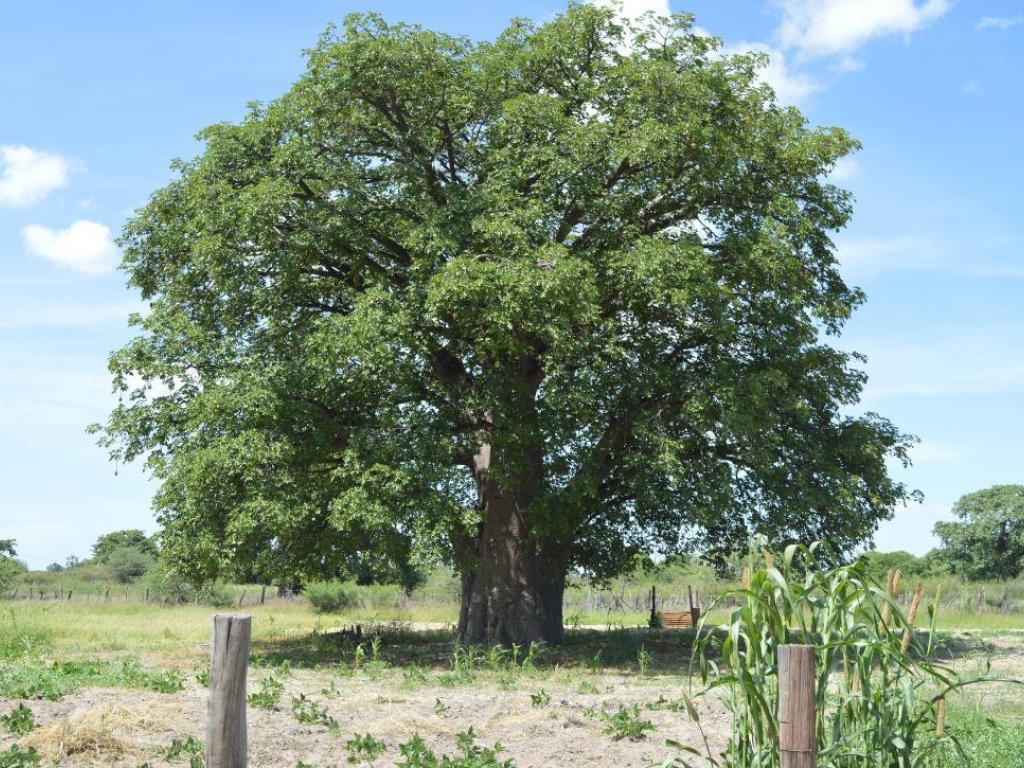Lessons, challenges and opportunities within ASSAR

Mark New, ASSAR Principal Investigator, looks at the many opportunities, lessons and challenges within ASSAR.
By Mark New, ASSAR Principal Investigator, University of Cape Town

ASSAR has offered so many valuable experiences and opportunities for learning. I have really appreciated exposure to the wide diversity of problems, contexts and issues relating to development and climate change across the four ASSAR regions. It has personally been very enriching experiencing these different settings, both virtually, and through our various visits and meetings. I have also learned the enormous transaction costs - time, travel, inter-personal - involved in such a large project. One should make sure to have the resources to cover these costs.
The process of going from project concept note to full proposal, and to the implementation of the proposal, has been personally a highly valuable experience. I have learned a lot, and would do many things differently next time round, but it has been a pleasure enabling such a diverse set of people to interact within ASSAR.
In fact, for me, the most enjoyable aspect of ASSAR has been the opportunity to meet, get to know, and learn from all the amazing people in the ASSAR community. In terms of technology, I have enjoyed using Google Drive and Hangouts, but the platform could be used even better. In terms of challenges, we have inevitably encountered difficulties within and between research teams. These are due – among other things - to combinations of personality clashes, over-commitment from some team members, yet lack of commitment from others.
It is also challenging to ensure that the work happening in each region will produce results that are comparable; the process we went through to define a set of common research questions, while time consuming, opened up the potential for substantive synthesis across regions. The sheer size of the consortium is another challenge. For me, a particular issue is that many in the consortium are not working full time, so coordinating timely contributions across part-timers is particularly difficult.
By the end of ASSAR, first prize for me – as a researcher – would be high-impact synthesis products that really deal with the question of barriers and enablers to adaptation.
As someone who is passionate that research should lead to impact, I would like to see our engagement with the communities we have been working with enabling agency and action within the communities that leads to improved wellbeing and reduced climate stress. ASSAR’s contribution to increased capacity of our young researchers and practitioners – and the creation of a cohort of future research leaders – is something else that I really value.